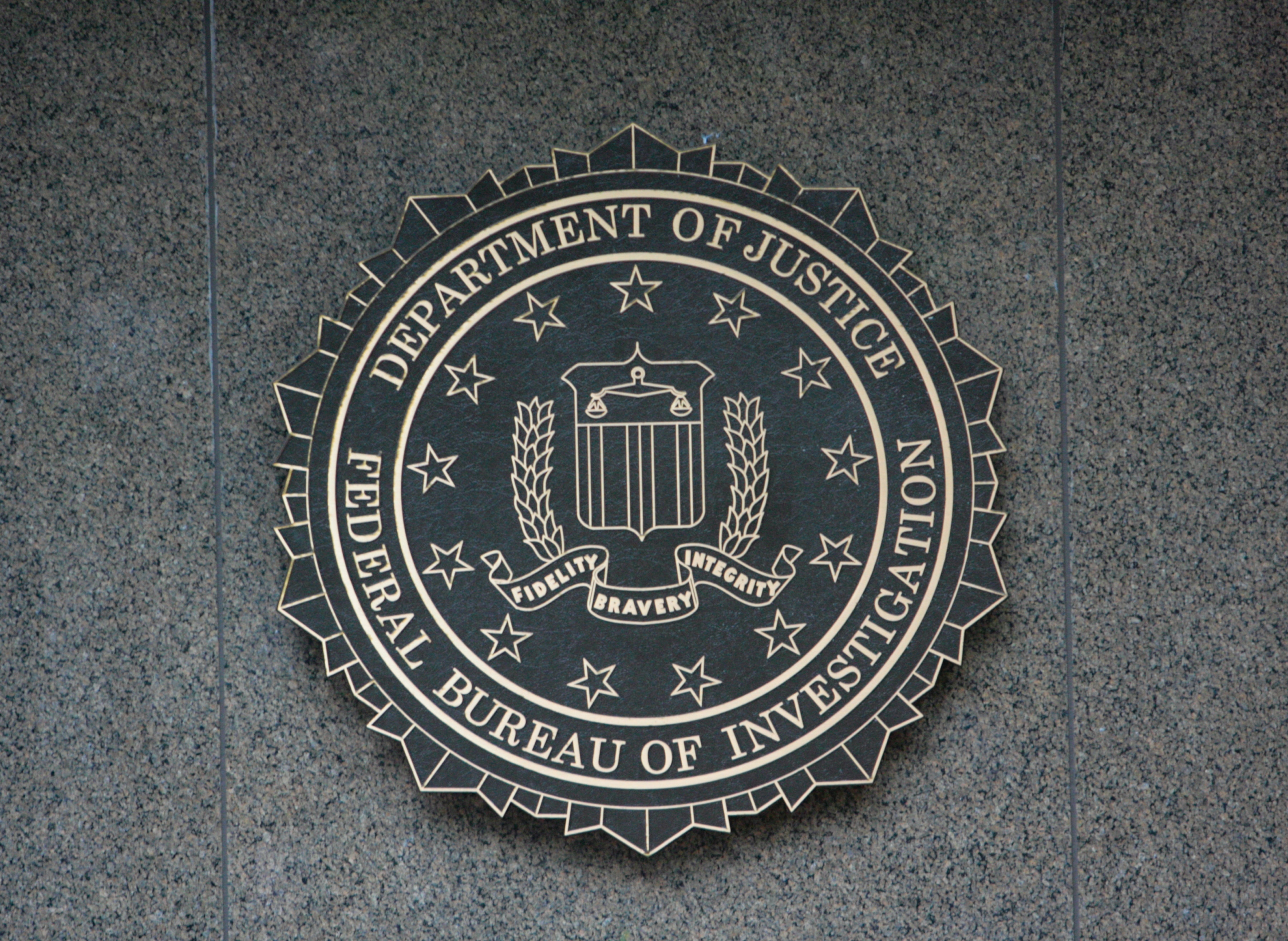
Federal prosecutors recently have charged several providers with felony violations of Title 18, United States Code, Section 1035 (18 U.S.C § 1035). This alarming enforcement trend means that providers are at increased risk of criminal prosecution for “false statements relating to health care matters” in the context of pharmacy audits.
Prosecutions for False Statements Historically Have Been Limited Under 18 U.S.C. § 1001
The federal government has filed many “false statement” prosecutions. These cases, however, have traditionally been based on alleged violations of Title 18, United States Code, Section 1001 (18 U.S.C. § 1001).
In a criminal prosecution under Section 1001, the federal government must prove that the defendant made a false statement “in any matter within the jurisdiction of the executive, legislative, or judicial branch of the Government of the United States.”
That means, for example, if someone lies to an FBI or HHS Special Agent, that person can be prosecuted under Section 1001 because those officers are part of the executive branch. It therefore goes without saying that you should be extremely careful in any interaction with law enforcement.
With respect to pharmacy audits, however, which do not involve the “executive, legislative, or judicial branch of government,” an alarming new trend has emerged that dramatically increases provider risk.
New “False Statement” Prosecutions in Health Care Matters
Unlike prosecutions under Section 1001, “false statement” prosecutions under Title 18, United States Code, Section 1035 (18 U.S.C. § 1035) are not limited to statements in matters involving the government. Instead, Section 1035 provides a basis for federal prosecution against anyone who has made a false statement “in any matter involving a healthcare benefit program.”
This incredibly broad prosecution theory means that any misstatements to health plans, PBMs, SIUs, or MCOs, among others, can result in criminal charges. Just as concerning, a number of recent indictments by federal prosecutors make clear that this enforcement trend is only beginning.
“False Statement” Indictment of Bruce Snipas
At the end of 2021, the U.S. Attorney’s Office for the Eastern District of New York indicted a 68 year-old pharmacist named Bruce Snipas on three felony counts: (1) conspiracy to make false statements in health care matters; (2) making false statements in health care matters; and (3) conspiracy to violate the Anti-Kickback Statute.
Among other statements, federal prosecutors claimed that Snipas had misrepresented to various PBMs that he was the “sole owner” of the pharmacy, and that he would not ship prescription medicines to other states without prior authorization.
In addition, federal prosecutors alleged that Snipas had lied to a PBM representative during an audit when asked about the pharmacy’s compounding business. The government also alleged that Snipas had filed a false Medicaid Enrollment Renewal Application that failed to disclose the pharmacy’s true ownership.
Notably, the government further claimed that Snipas had lied to a PBM by completing an attestation and amendment to a Pharmacy Provider Agreement that prohibited any pharmacy doing business with that PBM from shipping any prescription drugs through the mail without prior approval.
“False Statement” Indictment of Kirtan Patel
While I originally viewed the Snipas indictment as an outlier, unfortunately that has not proven to be the case. For example, in late 2023, the DOJ Medicare Strike Force indicted Kirtan Patel, a pharmacy manager, on multiple felony counts for making false statements under Section 1035.
Specifically, the government alleged that Patel had lied to a health care benefit program in response to a request for information by stating that (1) certain members had been issued certain prescriptions by prescribers; (2) the Pharmacy had dispensed certain prescriptions to certain members; and (3) the Pharmacy had collected co-pays from certain members.
As you can see, Patel was indicted for statements that are routine in any audit response. In addition, HLA attorneys are handling government investigations in jurisdictions around the country in which regulators are increasingly threatening to bring charges based on Section 1035. Hence, we expect to see many more cases filed under Section 1035 in the near future.
HLA’s Pharmacy Audit Attorneys Can Protect You and Your Business
As we have written about previously, perhaps the most compelling reason for using counsel to respond to a PBM or pharmacy audit is for the “audit insulation” it provides between the auditor and the business. And false statements prosecutions are exactly the type of risk that can be prevented through the use of audit counsel. Indeed, if an attorney submits a “false statement” to the government on behalf of a client, neither the attorney nor the client can be prosecuted on that basis. Accordingly, unless there is a compelling reason to handle the audit internally, the far safer course is to retain counsel for the response.
HLA’s attorneys are former federal and state prosecutors with decades of experience in the pharmacy space. Indeed, Anthony Mahajan, HLA’s founding partner, previously oversaw OptumRx as the Chief Compliance Officer for United Health. No one understands audits and the risks they present more deeply. Contact us today if you are in need of assistance or want to learn more. We look forward to serving you.
MORE ARTICLES BY CATEGORY
What Wells Pharma v. Zyla Life Sciences Means for Compounding Pharmacies and Outsourcing Facilities
A pending Supreme Court case could reshape how compounding pharmacies face litigation under state unfair competition laws tied to FDA approval standards.
Read More >>Health Law Alliance Welcomes Compounding Expert Pharmacist-Attorney Dr. Martha Rumore as Of Counsel
Health Law Alliance adds powerhouse Pharmacist/Attorney Dr. Martha Rumore to their team of boutique healthcare attorneys.
Read More >>Why Even Minor Documentation Errors Can Be Costly for Pharmacies Facing a PBM Audit
PBMs are using rigid documentation standards to recoup payments and pressure pharmacies. Minor clerical errors can now threaten reimbursement and network participation.
Read More >>The Hidden PBM Threat Putting Pharmacies at Risk: Affiliation-Based Network Terminations
PBMs are quietly expanding their power, terminating pharmacies based on affiliation rather than wrongdoing and putting entire businesses at risk overnight.
Read More >>







